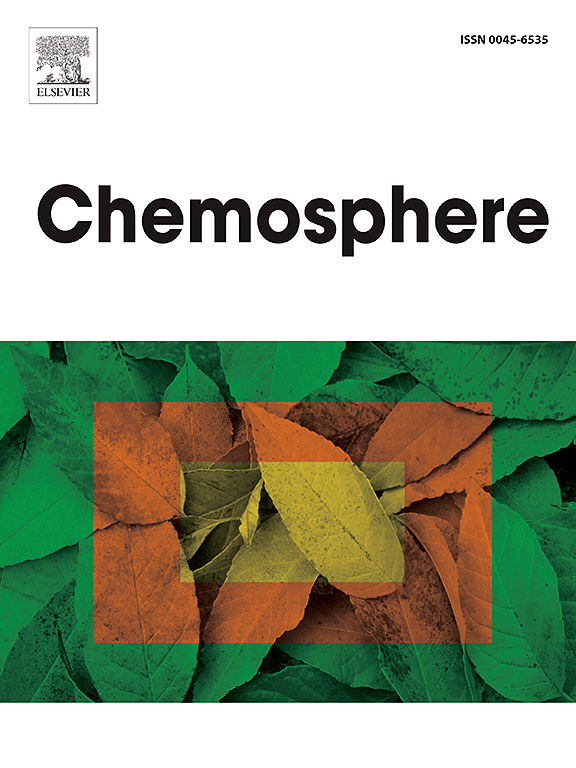Retraction Watch
Journal that published viral study on black plastic removed from major index
Chemosphere, the Elsevier title which in September published an article on “unexpected exposure to toxic flame retardants in household items” such as black plastic cooking utensils, has been removed from Clarivate’s Web of Science index in its December update.
The article, “From e-waste to living space: Flame retardants contaminating household items add to concern about plastic recycling,” received heavy international media coverage questioning whether we should all throw out our black plastic spatulas.
The authors corrected their calculations in a December 15 corrigendum, as reported by Ars Technica. The exposure was an order of magnitude lower than the safe daily reference dose, not approaching it, as they had initially reported, but “this calculation error does not affect the overall conclusion of the paper,” the authors wrote in the notice.
Meanwhile, Clarivate, the scholarly publication data company behind metrics such as the journal impact factor, removed Chemosphere from its Web of Science index December 16 for failing to meet editorial quality criteria. Clarivate places journals “on hold” from indexing for a reevaluation period before removing them, and has recently put other major journals “on hold” as well.
Chemosphere has retracted eight articles this month and published 60 expressions of concern since April. As we’ve noted elsewhere, removing a journal from Web of Science means Clarivate will no longer index its papers, count their citations, or give the title an impact factor, which can have negative effects for authors, as universities rely on such metrics to judge researchers’ work for tenure and promotion decisions.
An Elsevier spokesperson said the publisher’s ethics team is “conducting in-depth investigations” of “potential breaches of Chemosphere’s publishing policies. According to a June announcement from the journal, these breaches included “unusual authorship changes, compromised or manipulated peer-review processes, and undisclosed conflicts of interest.” The spokesperson continued:
We are addressing the concerns raised during the investigation and are committed to correcting the scientific record in a responsible and transparent manner. We will continue to work with Clarivate to assist in their re-evaluation in due course.
In a December 12 news update, the journal laid out steps it would take as a result of the investigation, including retracting articles and publishing expressions of concern.
Like Retraction Watch? You can make a tax-deductible contribution to support our work, follow us on Twitter, like us on Facebook, add us to your RSS reader, or subscribe to our daily digest. If you find a retraction that’s not in our database, you can let us know here. For comments or feedback, email us at [email protected].
- chemosphere
